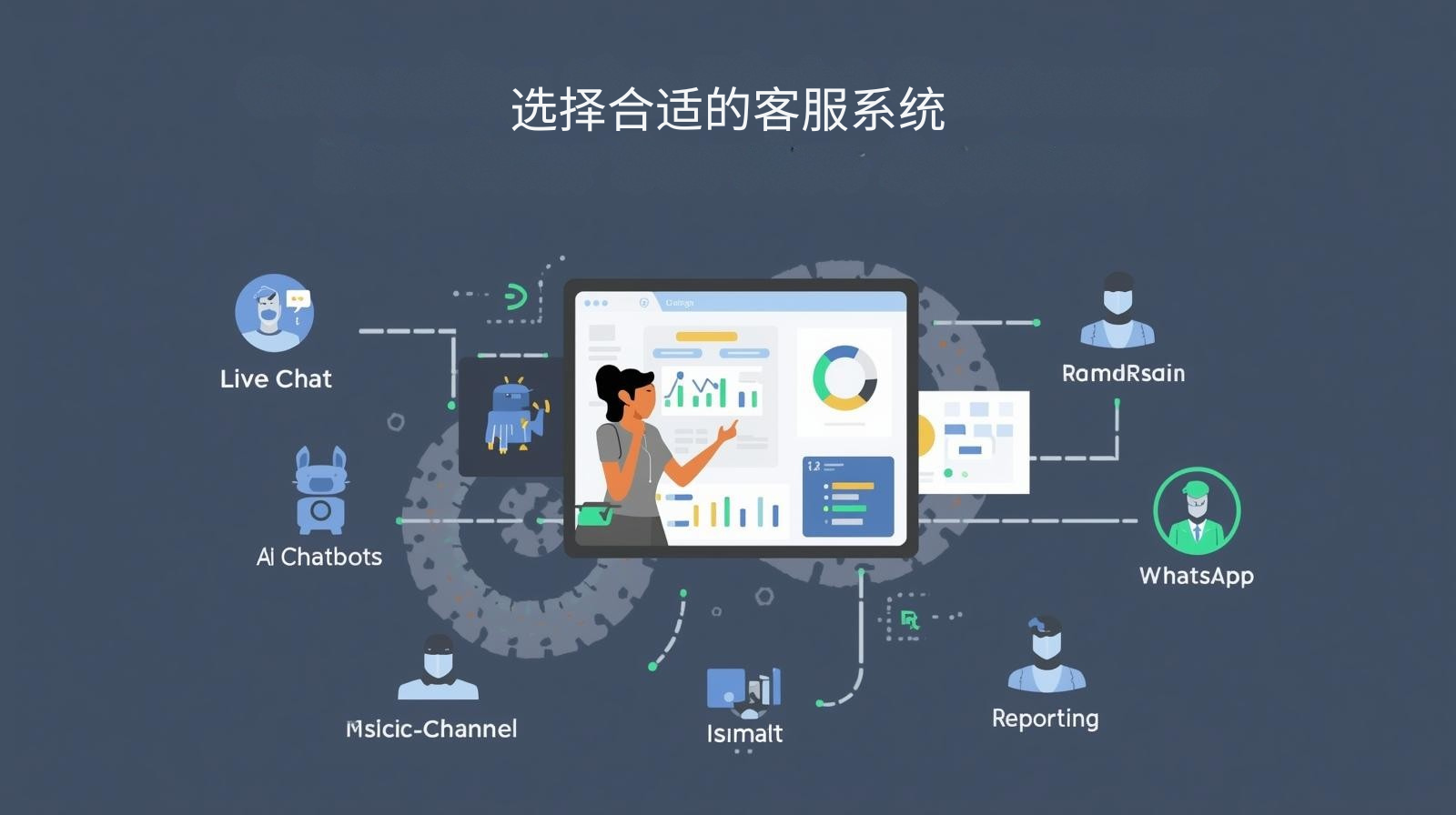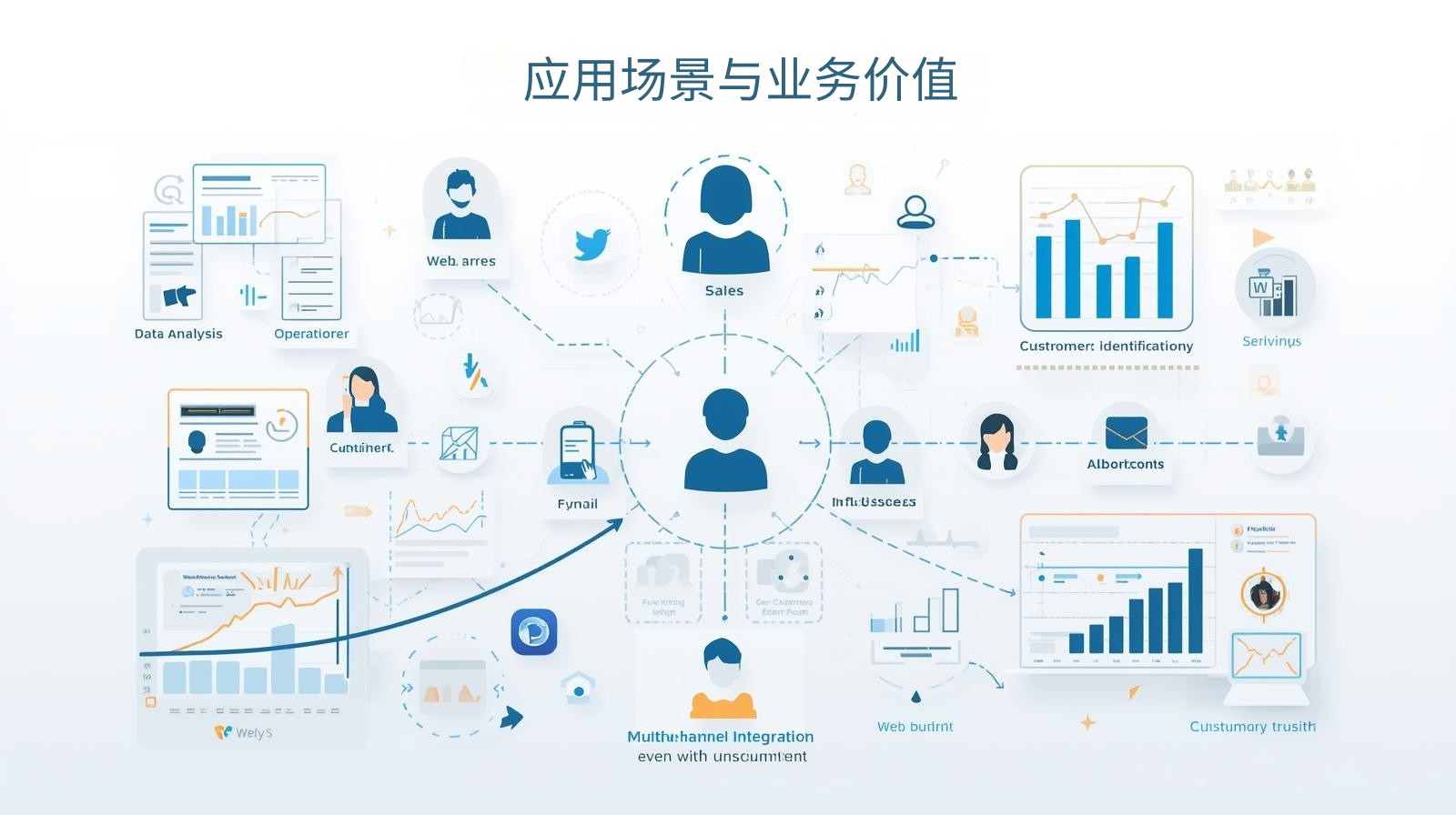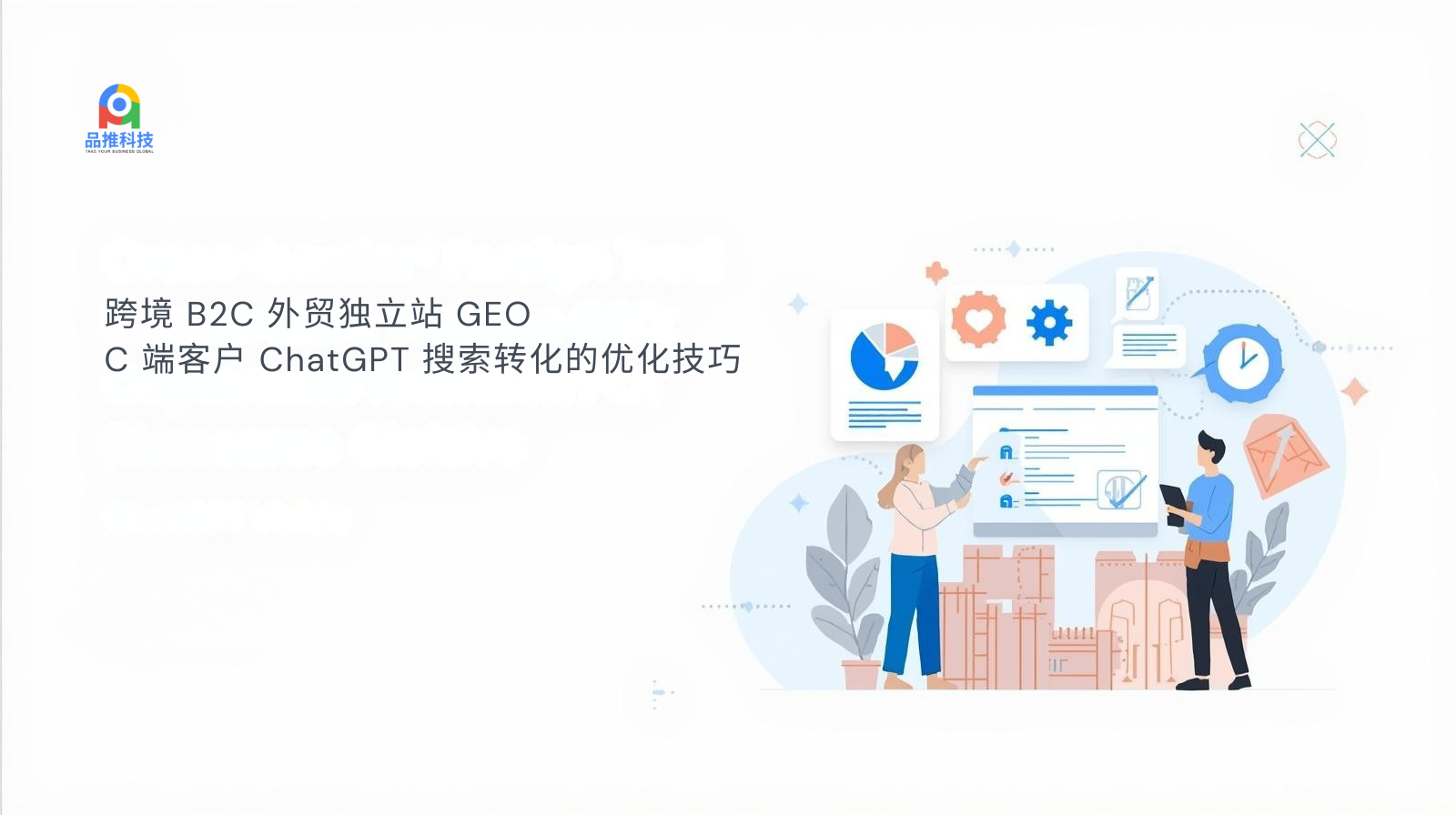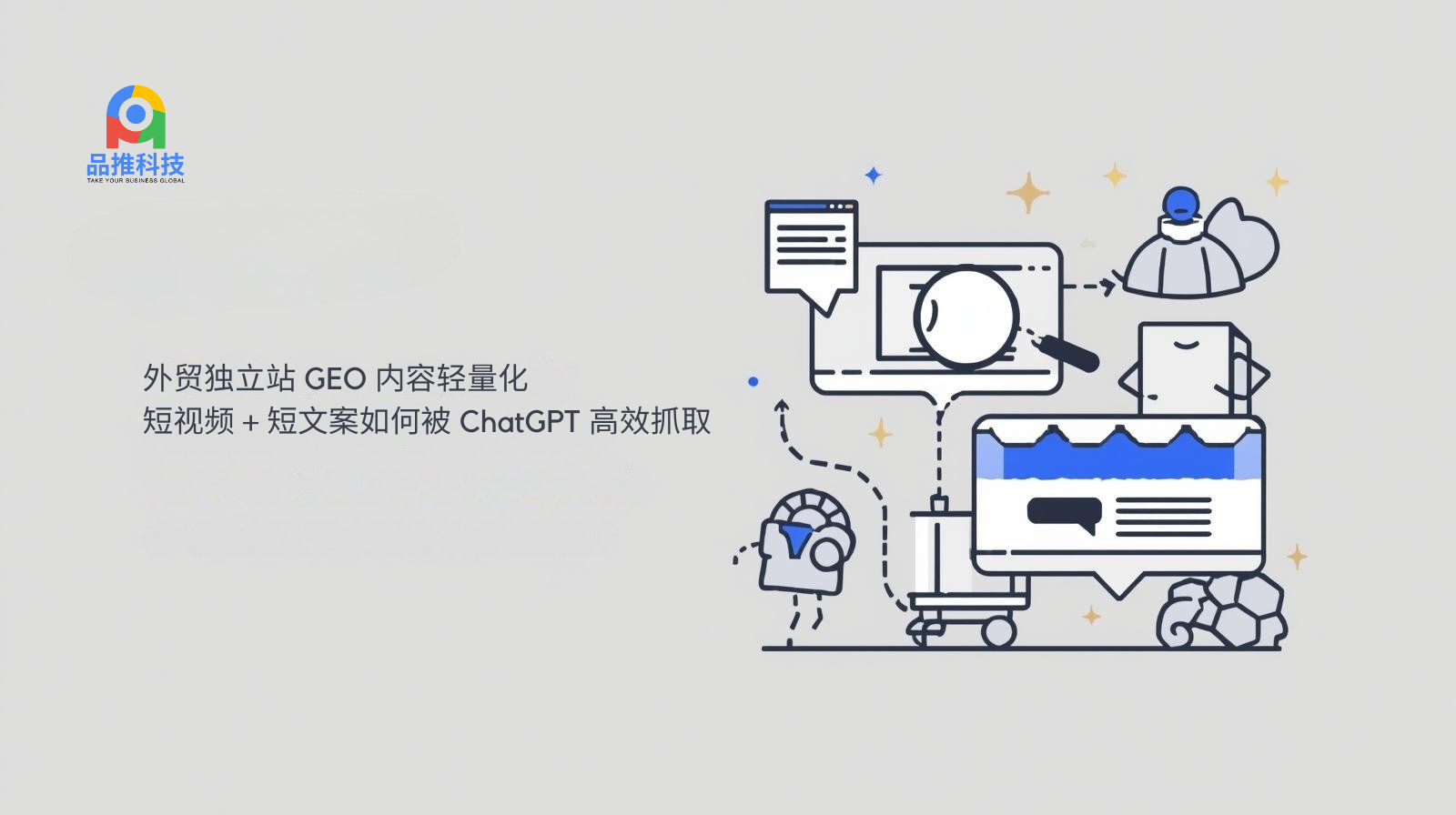With the growth of cross-border e-commerce and independent websites for foreign trade, the cost of acquiring customer traffic continues to rise. Customer experience has become a key factor in retaining customers and increasing repeat purchases. Independent websites serve not only as a showcase for products and brands but also as a platform for efficient customer service. By deploying a professional customer service system, companies can achieve timely responses to customer inquiries, centralize information management, and automate service processes, thereby improving customer satisfaction and sales conversion rates.
According to Gartner research, over 60% of customers prioritize response speed and service quality in their purchasing decisions. Furthermore, Forrester Research indicates that businesses can significantly reduce customer churn and increase customer lifetime value by integrating online customer service systems with knowledge bases. Regarding data security and information standards, ISO (International Organization for Standardization) provides information security management system standards, providing guidance on data protection and interface specifications for independent website customer service systems.
 Choose the right customer service system
Choose the right customer service system
When configuring a customer service system for an independent website, you should choose the appropriate software type based on your business needs, including instant messaging tools, AI-powered customer service, work order management systems, and multi-channel integration platforms. Companies need to consider the following aspects:
Multi-channel integration : Supports unified management of websites, emails, social media (such as Facebook and Instagram), and WhatsApp, ensuring rapid response to customer inquiries on any channel.
Automation capabilities : Use robots to automatically respond to common questions, reduce repetitive work, and improve customer service response efficiency.
Data analysis and reporting : The system records customer behavior and consultation content to provide data support for sales and operational decisions.
Configuration process and data management
The core of configuring a standalone customer service system lies in data integration and process optimization. First, synchronize standalone user information, order records, and inquiry data with the customer service system through APIs or plugins to ensure complete and consistent customer information. Second, establish standardized workflows, including automated customer service task assignment, ticket priority management, and automated reminders, to ensure timely customer service responses and standardized processes.
At the same time, businesses need to focus on data security and permission management. Using HTTPS encrypted transmission , access control, and logging can effectively protect customer privacy. Referencing the OWASP (Open Web Application Security Project) security guidelines can reduce the risk of system vulnerabilities and data leaks. Businesses must also comply with local data protection regulations, such as the EU's GDPR or China's Personal Information Protection Law, to ensure data is legal and compliant.
 Application scenarios and business value
Application scenarios and business value
Independent website customer service systems not only serve daily inquiries but also improve sales and operational efficiency. For example, the customer service system can automatically identify high-value customers and prompt follow-up, increasing sales success rates. System-generated reports can analyze customer needs, hot complaints, and product feedback, providing reference for companies to adjust marketing strategies. Through multi-channel integration, companies can create a unified service experience across websites, social media, and email, strengthening customer trust.
In addition, by combining AI and knowledge base, the customer service system can provide intelligent suggestions and automated solutions, allowing companies to achieve efficient customer management and business expansion with limited resources.
Future trends: intelligent and personalized services
With the development of artificial intelligence and big data technologies, independent website customer service systems are becoming increasingly intelligent and personalized. These systems can automatically recommend products, identify potential issues, and provide personalized communication based on customer behavior and interests. When planning their customer service systems, companies should consider system scalability and data compatibility to accommodate future business growth and technological upgrades. Intelligent customer service systems can not only improve customer satisfaction but also create a differentiated competitive advantage.
CTA
If you're looking to configure an efficient customer service system for your independent website, enabling rapid response to customer inquiries and automated service processes, Pinshop offers professional website building and intelligent customer service system solutions to help businesses build efficient independent websites. Learn more about the Pinshop website building platform now.
Recommended related articles: Multilingual Independent Station Strategy: Balancing Localization and Internationalization 






